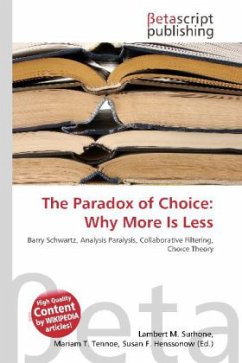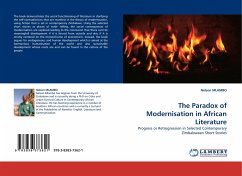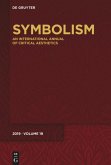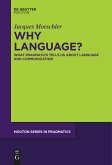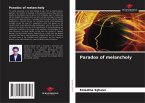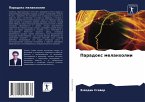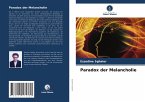Please note that the content of this book primarily consists of articles available from Wikipedia or other free sources online. The Paradox of Choice - Why More Is Less is a 2004 book by Barry Schwartz. In the book, Schwartz argues that eliminating consumer choices can greatly reduce anxiety for shoppers. Schwartz assembles his argument from a variety of fields of modern psychology that study how happiness is affected by success or failure of goal achievement. Schwartz compares the various choices that Americans face in their daily lives by comparing the selection of choices at a supermarket to the variety of classes at an Ivy League college. Schwartz relates the ideas of psychologist Herbert Simon from the 1950s to the psychological stress which faces most consumers today. He notes some important distinctions between, what Simon termed, maximizers and satisficers. A maximizer is like a perfectionist, someone who needs to be assured that their every purchase or decision was the best that could be made. The way a maximizer knows for certain is to consider all the alternatives they can imagine. This creates a psychologically daunting task, which can become even more daunting as the number of options increases.
Bitte wählen Sie Ihr Anliegen aus.
Rechnungen
Retourenschein anfordern
Bestellstatus
Storno

